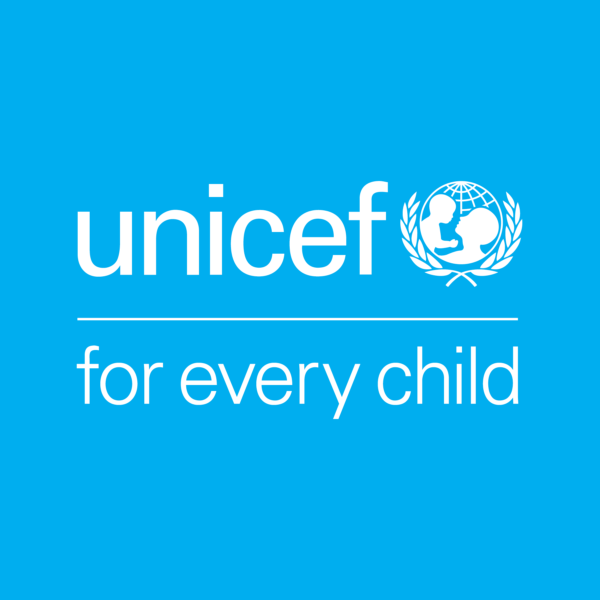The Climate crisis
Climate change is changing our world and the lives of children. The climate crisis is a child rights crisis. It harms children’s rights to health, education, and protection.
The climate crisis is happening now. We need to act now.
UNICEF UK knows that our internal processes, procurement practices and travel create an impact, which we are committed to reducing.
Our Environmental Policy
Our Environmental Policy sets out measures to reduce our footprint and use of natural resources, ensuring we take action to help secure a sustainable future.
The strategic pillars are:
- Direct measures to reduce our environmental impact
- Working with suppliers and partners whose sustainability commitments align with ours
- Continued work to influence the UK Government to promote environmental sustainability
- Fundraising with our partners to develop a suite of green programmes
How we are working towards being sustainable
For the year ending December 2023, our carbon footprint was 1,709 tonnes of CO2 equivalent.
The lead sources of our carbon emissions are:
- Purchased goods and services – 1,343 tonnes CO2e (78.5% of total)
- Business travel – 144 tonnes CO2e (8.5% of total)
- Colleague commute – 91 tonnes CO2e (5.3% of total)
- Waste disposal – 71 tonnes CO2e (4% of total)
2023 is the first year that we have calculated the emissions from our supply chain (Purchased goods and services) and as expected, it makes up the majority of our carbon footprint. To find out more about how we are tackling our emissions, you can download the UNICEF UK 2023 Carbon Footprint PDF.
We are working hard to reduce our footprint by:
- Choosing an energy-efficient office equipped with a water-conserving mechanism
- Prioritising supplies made from sustainable materials
- Establishing a Green Team to develop and implement initiatives and raise awareness
- Measuring our greenhouse gas emissions so we can evaluate our impact and prioritise activities
- Working towards ISO 14001:2015 accreditation
In 2023, our carbon footprint from waste generated in our offices was 71.407 tonnes CO2 equivalent.
We have undertaken an audit to identify opportunities for waste reduction, recycling improvements, and waste management optimisation. We continue to improve signage in the office and raise awareness amongst colleagues about how to reduce waste and recycle correctly.
We have the following waste targets:
- Achieve a recycling ratio of 75% by 2030
- Reduce total waste volumes by 30% by 2030 (against the 2023 baseline)
We continue to commit to responsibly sourcing our suppliers by taking into account social, ethical, and environmental considerations. This involves utilising our Supplier Code of Conduct and Ethical Purchasing Questionnaire to identify and collaborate with suppliers who share our values and are taking positive steps in this area.
We are currently reaching out to suppliers to engage more fully on this topic as part of our efforts to measure our scope 3 GHG emissions from purchased goods and services.
Every year, we organise a variety of events where the carbon footprint has been reduced by:
- Using digital signage
- Utilising online platforms to create table plans and bids on items
- Working towards being paperless
- Reviewing our flagship events, such as Soccer Aid
We are developing a Sustainable Events Policy for events organised and managed by UNICEF UK.
Our campaign for Climate Action
There is mounting evidence of the impact of climate change on children. We use our voice to advocate for change to help achieve our vision of a better world for every child.
Our actions include:
- Campaigning with governments
- Advocating for policy change
- Developing private sector partnerships on climate
- Building meaningful partnerships with our partners and supporters
Climate change is happening now, and we must make changes now. Children around the world, supported by their communities and UNICEF, are acting to create a climate-safe world. Working together, we are finding solutions that transform our world today and tomorrow. Solutions that create a better world for every child.




